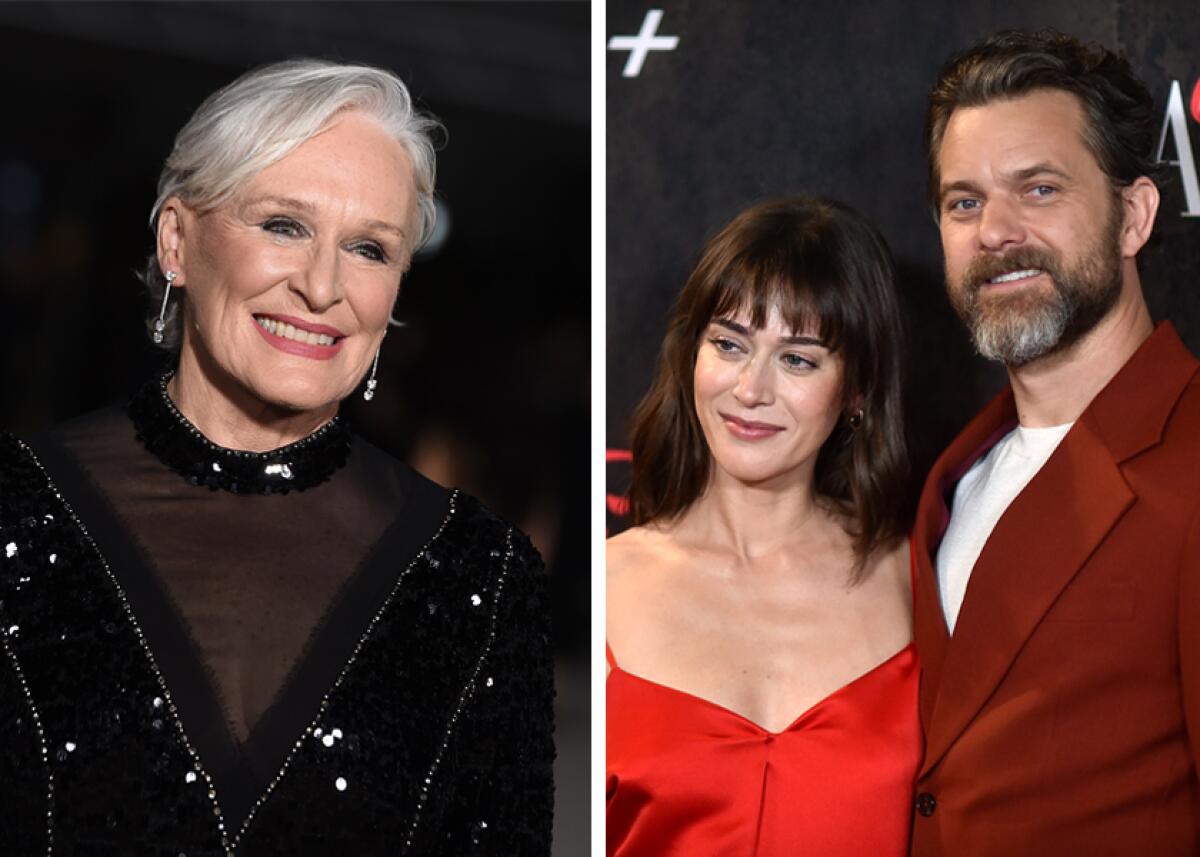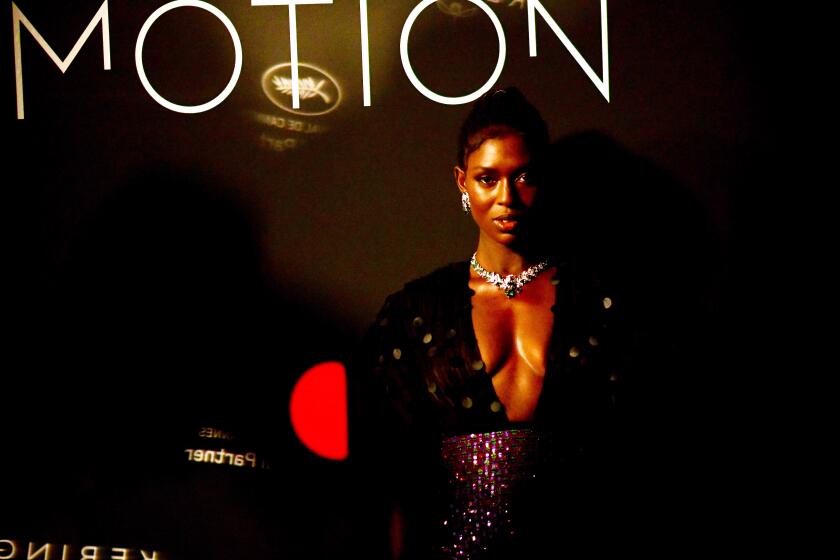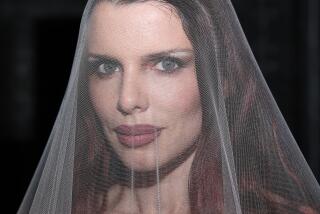The new ‘Fatal Attraction’ aims to tackle the series the way Glenn Close wanted to in 1987

Joshua Jackson and Lizzy Caplan star in the Paramount+ “Fatal Attraction” series that reimagines the 1987 erotic thriller that starred Glenn Close as the terrifying mistress who “will not be ignored.”
Jackson, who recently starred in Showtime’s angsty drama “The Affair,” portrays Dan Gallagher, played by Michael Douglas in the film.
Jackson told “Access Hollywood” ahead of the series premiere that the show was “very keen to tell the story of consequences for Dan,” and that viewers get to experience Caplan’s Alex in the way Close had envisioned more than 25 years ago.
In the original film, Gallagher is a happily married attorney when he meets the sultry book editor Alex Forrest. A lapse in judgment and steamy extramarital fling leads to increasingly unstable and dangerous behavior from the jilted lover (Forrest), who will stop at nothing to get Gallagher’s attention.
Although the original painted Forrest as a villainous and crazy mistress, the new series offers a nuanced look at mental health.
“We get in and have sympathy and empathy for the journey that Alex is going on ... and really make sure that we try to present in the story why this woman is,” Jackson continued to “Access Hollywood,” “and who this woman is, beyond just the villain.”
In a new Esquire interview, Joshua Jackson shared why he and his wife, “Queen & Slim” actor Jodie Turner-Smith, opted for an at-home childbirth.
Caplan, who starred in Showtime’s “Masters of Sex,” plays Close’s Forrest and echoed Jackson’s sentiment to the Hollywood Reporter at the Los Angeles premiere on Monday. “I feel like the narrative of the film,” she said, “which is like, ‘Nice guy, horrible woman, must die’ — I think it’s really promising how far we’ve come as a culture where now audiences want to know, ‘Well, wait a minute, let’s talk more about her, her possible mental illnesses, her upbringing.’”
According to Close, the original ending of the film was quite different from the final cut, and Close fought it for weeks, saying they switched Forrest from being self-destructive to being a violent knife-wielding psychopath.
In 2010, Douglas and Close took a look back at the film and discussed some of the most iconic and pivotal scenes for ABC. Close revealed that she’d put a lot of care and effort into trying to understand why her character behaved the way she did.
“I never thought of her as a villain,” Close said, before adding that she did more research for the role of Alex than for any other role throughout her career.
“I went to a psychiatrist because I wanted to understand if it was possible for someone to have her behaviors — particularly the rabbit — and if it was, what would cause that? And I was told yes it was. So I always thought she was a human being in a lot of pain and she needed a lot of help.”
In the late ‘90s, actress Lizzy Caplan met a couple of up-and-coming teenage actors named Seth Rogen and James Franco on the set of a cult, soon-to-be-canceled NBC series called “Freaks and Geeks.”
Jackson told the Hollywood Reporter that he tried to convey the point of the reimagined series to Close, “and her reaction was a little bit lukewarm. ... [T]here’s frustrations for her about how Alex Forrest’s struggle with her mental health was portrayed in the film, and how that was just reduced to ‘she’s a crazy lady’ trope.
“I told her honestly that’s kind of the point of what we’re doing here, is we’re going to dive into that. He’s going to have more consequences for his actions and she’s also going to have a fullness of her story and an explanation of the who and how and why she is who she is.
“She actually liked that idea and essentially the conversation boiled down to, ‘Interesting, don’t f— it up.’”
More to Read
The biggest entertainment stories
Get our big stories about Hollywood, film, television, music, arts, culture and more right in your inbox as soon as they publish.
You may occasionally receive promotional content from the Los Angeles Times.












